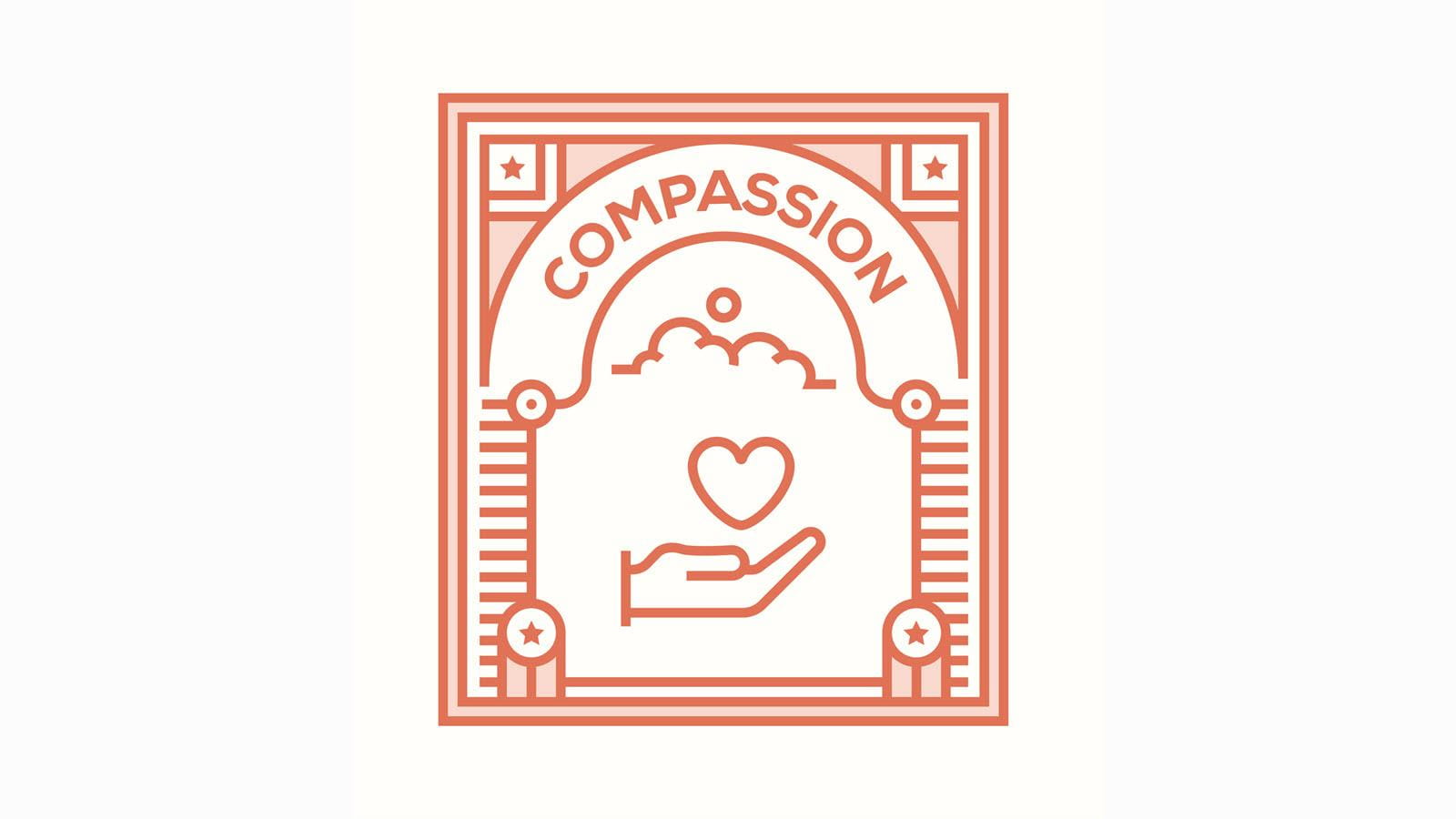What does it take to be a compassionate caregiver? The question is both deceptively complex and refreshingly simple.
The Schwartz Center for Compassionate Healthcare, a Boston-based nonprofit, is a good place to go for answers. Every year, the organization honors health care professionals as Compassionate Caregivers of the Year. At the 2022 event, one honoree, a Mayo Clinic chaplain, said that caring for someone, whether as a doctor, nurse or simply a friend or family member, means doing more than just providing physical support.
“Compassion, for me, has evolved, has taken so many forms over the years. But it is still that moment of witnessing, of coming face-to-face with the suffering of other people,” said Bebe Tata-Mbeng, a chaplain and manager of spiritual care for the Mayo Clinic in Jacksonville, Florida.
The world of medicine can be cold and logical, focused on addressing physical maladies. But it’s also carried out by humans, for humans, with all of the need for connection and empathy that entails.
“Despite the many challenges facing our health care organizations and workforce today, these individuals remind us that compassion is still thriving in every setting and every profession,” said Angelina McCoy, the Member Experience Manager for the Schwartz Center.
Compassionate caregiving means bringing a shared humanity to the patient’s experience of needing care.
“It's not like we stopped being who we are the minute we go through the doors. How can we integrate all of the richness and complexity of who we are during our interactions with patients?” asked honoree Saidie Rodriguez, a pediatric cardiologist intensivist at Children's Healthcare of Atlanta
Compassionate care means serving the patient and the community of people around the patient, said Peter Dibbler, the Chief Experience Officer at University Medical Center in New Orleans. With that in mind, his hospital stocks compassion carts with treats and comfort items for patients, families and employees, too. The carts and what they offer can be a good conversation starter, he said.
Compassionate caregiving can take many forms, the participants said. William Donnie Nelson, a San Francisco nurse manager, said his work sometimes involves patients with no known next-of-kin, and his team prioritizes “trying to find who loves these patients,” so that they can give them the best care possible.
“Whatever we can do to let these patients (say) what their wishes are, what their values are when they're not able to speak for themselves,” said Nelson, who works in palliative care at St. Francis Memorial Hospital and St. Mary's Medical Center in San Francisco.
Tata-Mbeng helped manage a study called Hear My Voice that asked patients with brain cancer to share their values, beliefs and life experiences. Those perspectives were made into books that were shared with the patients and their families. She said much of her work as a chaplain consists of simply showing up for patients and caregivers in difficult times.
“It's just being with people, journeying with them, and understanding how they're feeling,” Tata-Mbeng said. “At the same time, creating that hospitable space, a non-judgmental space where people are able to share their stories and their experiences.”



